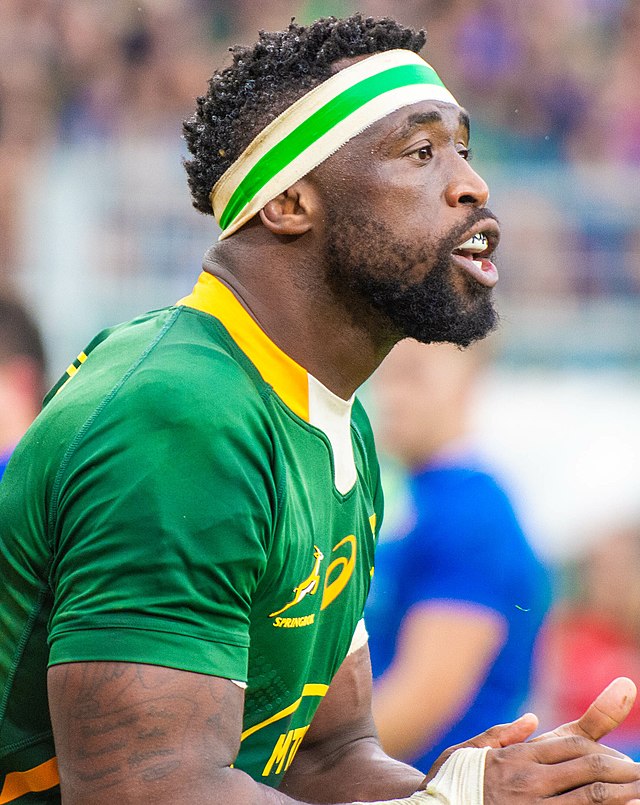South Africa crowned Rugby World Champions
In 1995, following the removal of previous apartheid restrictions, South Africa were permitted to make their first appearance at the Rugby World Cup. In their tournament debut, the country made history by hosting and sensationally winning its first trophy as a united nation, in a final against New Zealand’s All Blacks.
At the Stade de France on Saturday 28 October, South Africa once more competed against New Zealand in a World Cup final, winning by just a single point (12-11).
Prior to the game, South Africa and New Zealand were tied on overall tournament victories having each won the World Cup three times. This helped make this match a much anticipated tie-breaker.
The result crowned South Africa as world champions and the only team in history to win four World Cups.
The Springboks navigated a very tricky path to become World Cup winners, competing against all five of the other top-six placed teams teams in World Rugby’s rankings; they managed to score just one point more than their opponents in each of their last three matches.
In the final, South Africa accumulated all of their 12 points in the first half through penalty kicks taken by fly-half Handré Pollard who finished his tournament with an incredible 100% kicking-success rate, as well as an outrageous 49-metre effort against England. The All Blacks racked up 11 points from two penalty kicks and one try. In fact the team managed to score two tries in the game, however, the first was invalidated due to a knock-on.
Despite the chaos, the support from both countries leading up to and during the match was phenomenal
In total, four yellow cards were handed out over the course of the match with the first going to the All Blacks’ Shannon Frizell for injuring the knee of Bongi Mbonambi who was subsequently removed from the contest after a mere three minutes.
This was a true testament to the volatility of a rugby game as the Springboks were anxiously waiting throughout the week for a decision in the case of Mbonambi, a specialist hooker and a fan favourite, who saw himself potentially barred from the match due to an alleged racist comment made in the semi-final against England. After an investigation, World Rugby announced on Thursday that no evidence was found, allowing him to participate.
New Zealand’s Sam Cane received the second yellow card of the game for his high tackle on Springbok Jesse Kriel, which was soon upgraded to red after review in the bunker, forcing the All Blacks to play with a team of 14.
However, the numbers were evened with yellow cards for South Africa’s captain, Siya Kolisi, for another high tackle, followed by Cheslin Kolbe for an intentional knock-down.
Despite the chaos, the support from both countries leading up to and during the match was phenomenal. Coach of the Springboks, Jacques Nienaber, spoke on behalf of the team saying that: “We felt every single little bit of energy they [the fans] gave us and I think in the last three games with three one-point victories, we needed that, and that drove us.”

Comments